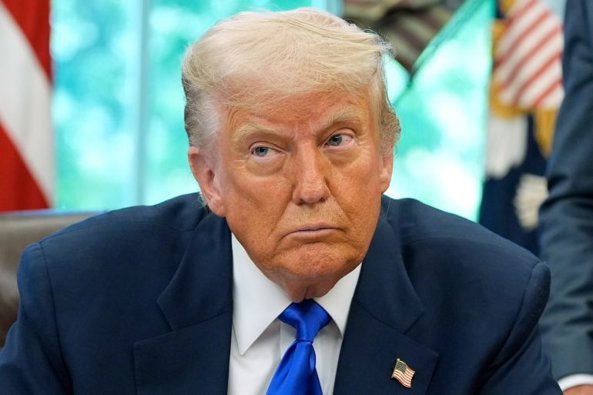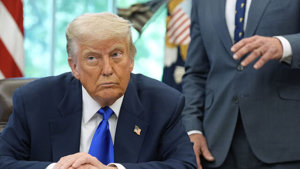
Trump Migrant Deportations Face Legal Scrutiny
Deportation reversal fuels scrutiny as courts challenge Trump’s use of 1798 Alien Enemies Act on migrants.
Abrego Garcia’s Return Undermines Policy Claims
The Trump administration has returned Kilmar Abrego Garcia to the United States months after deporting him to El Salvador, an action officials now acknowledge was an administrative error. Abrego Garcia, described as an alleged MS-13 member, was sent to a maximum-security prison but reentered the U.S. last Friday as part of a legal correction. He now faces new federal charges related to transporting undocumented immigrants.
The development has intensified legal and political scrutiny of the administration’s broader deportation strategy, particularly under the 1798 Alien Enemies Act. This statute, invoked by President Donald Trump, has facilitated the expedited removal of numerous migrants, many of whom were transferred to high-risk detention facilities abroad, including El Salvador's CECOT prison.
Courts Challenge Broader Deportation Practices
Multiple court cases are now pressing the administration to return other migrants deported under similar circumstances. Among them is Daniel Lozano-Camargo, a 20-year-old Venezuelan immigrant removed in March. U.S. District Judge Stephanie Gallagher ruled that his deportation violated a binding settlement between the Department of Homeland Security (DHS) and a group of young asylum seekers. Despite minor drug offenses, the judge emphasized Lozano-Camargo’s right to have his asylum claim properly adjudicated before any removal could occur.
The Fourth Circuit Court of Appeals upheld Gallagher’s ruling, prompting the DHS to begin arrangements for his return. According to a recent update, Lozano-Camargo remains confined at the CECOT facility.
Another case involved a Guatemalan migrant referred to as “O.C.G.,” who was deported to Mexico without due process, despite credible fears of persecution. U.S. District Judge Brian Murphy ordered his return, citing violations of both U.S. and international legal standards. ICE officials complied, flying O.C.G. back to the U.S. last week. Unlike others held in CECOT, O.C.G. had not been imprisoned abroad, easing logistical hurdles to his repatriation.
Judge Murphy also intervened in the deportation of six individuals sent to South Sudan without due process. He ordered their continued custody at a U.S. military base in Djibouti, where they remain under ICE supervision amid health and security concerns. Murphy indicated they could be relocated to the U.S. or another location to safely conduct fear interviews.
CECOT Deportees Granted Right to Legal Review
In a separate but related case, U.S. District Judge James Boasberg ruled that all migrants deported to El Salvador’s CECOT prison must be given an opportunity to seek habeas corpus relief. His 69-page decision emphasized the government’s duty to provide advance notice of deportation and allow legal challenges. The ruling marks a significant legal check on the administration’s interpretation of expedited deportation powers.
Boasberg also criticized the administration for defying his March emergency order, which demanded a halt to deportations under the Alien Enemies Act and the immediate return of all removed individuals. His decision raises the possibility of contempt proceedings due to what he termed the government’s “willful disregard.”
With deadlines now looming, the administration must submit plans to the court on how it intends to provide habeas access to detainees currently held at CECOT. The ruling is expected to escalate tensions between the executive branch and the judiciary as legal battles over immigration policy continue to unfold.






